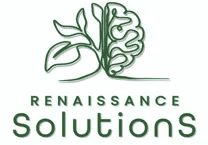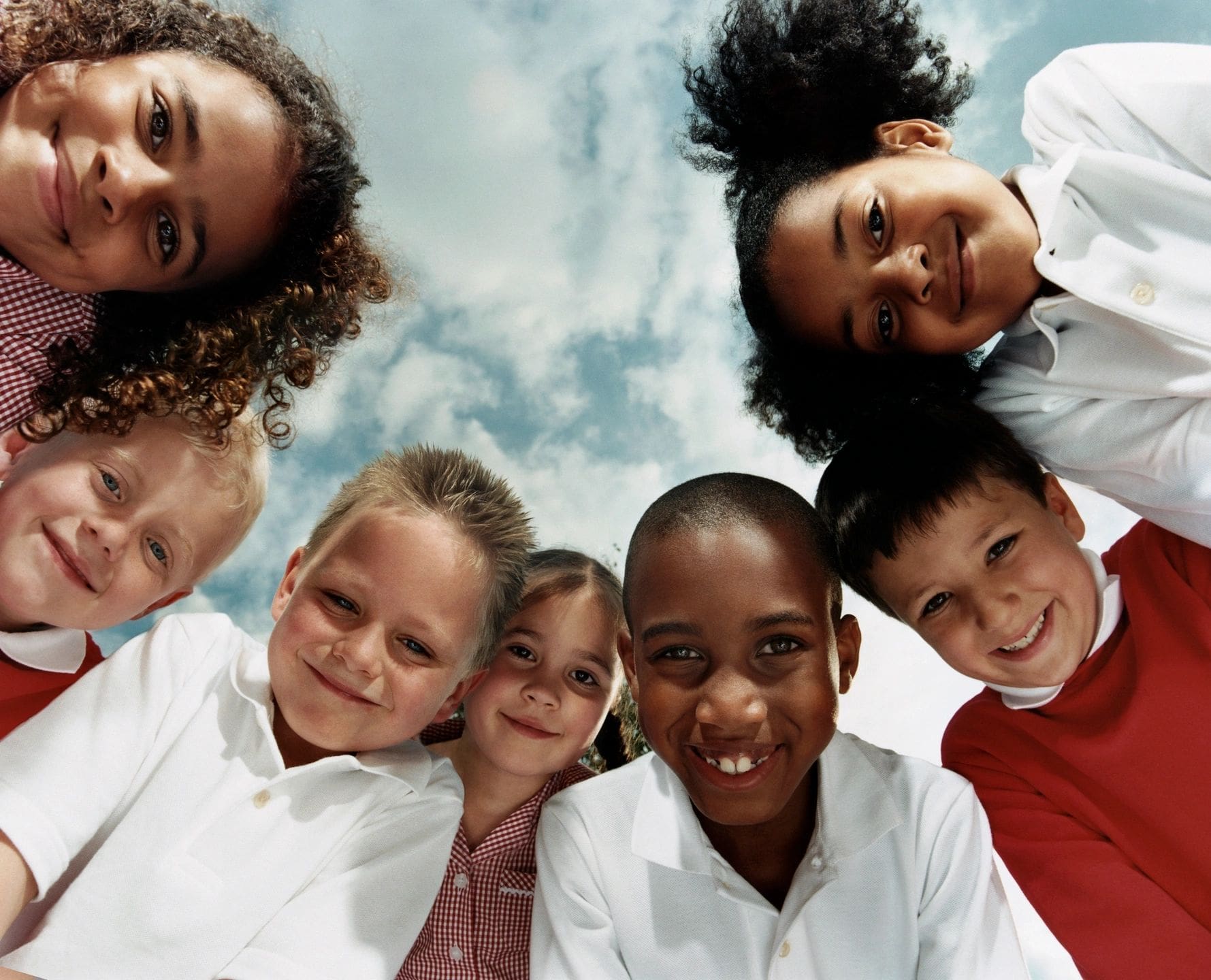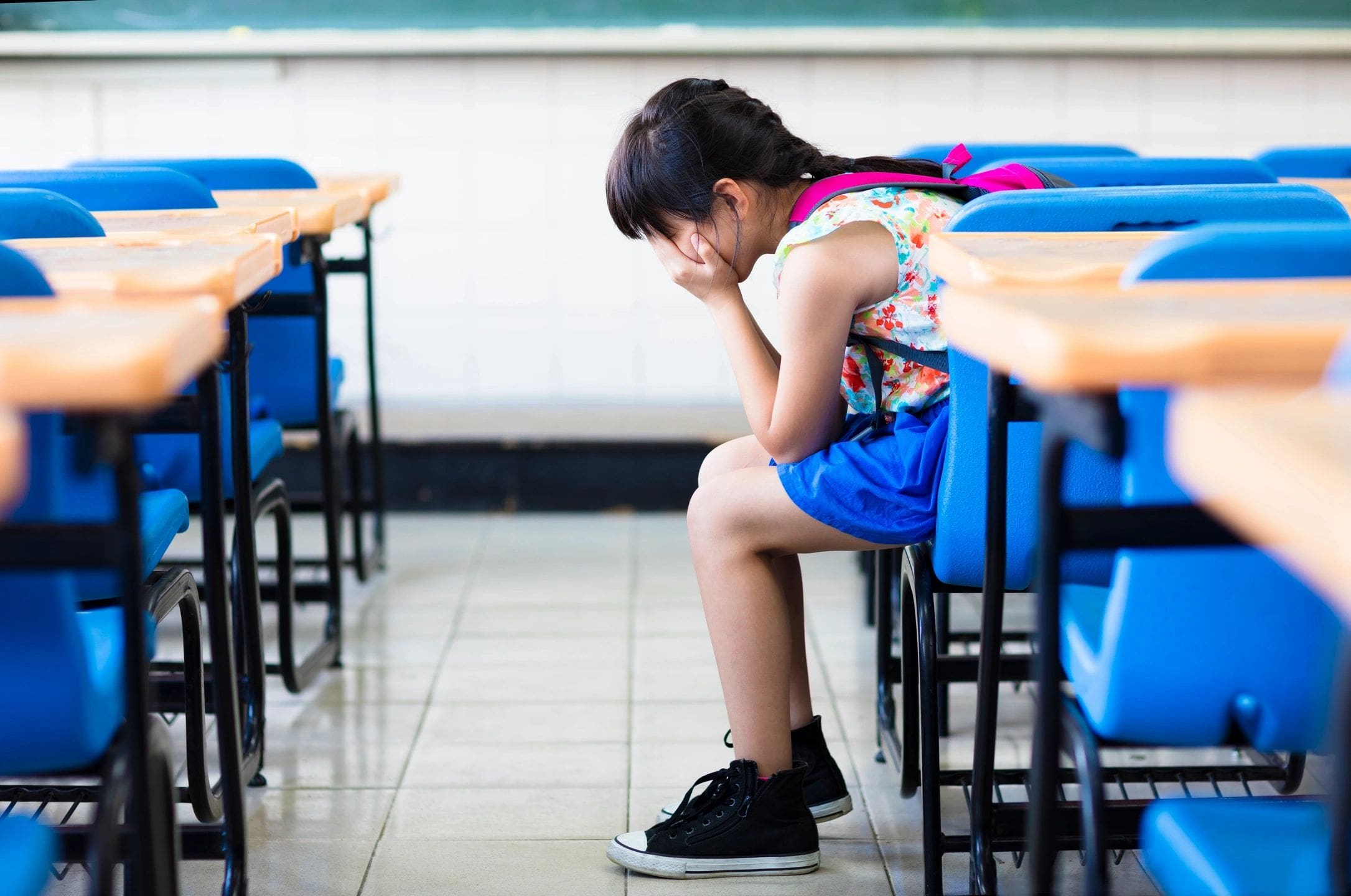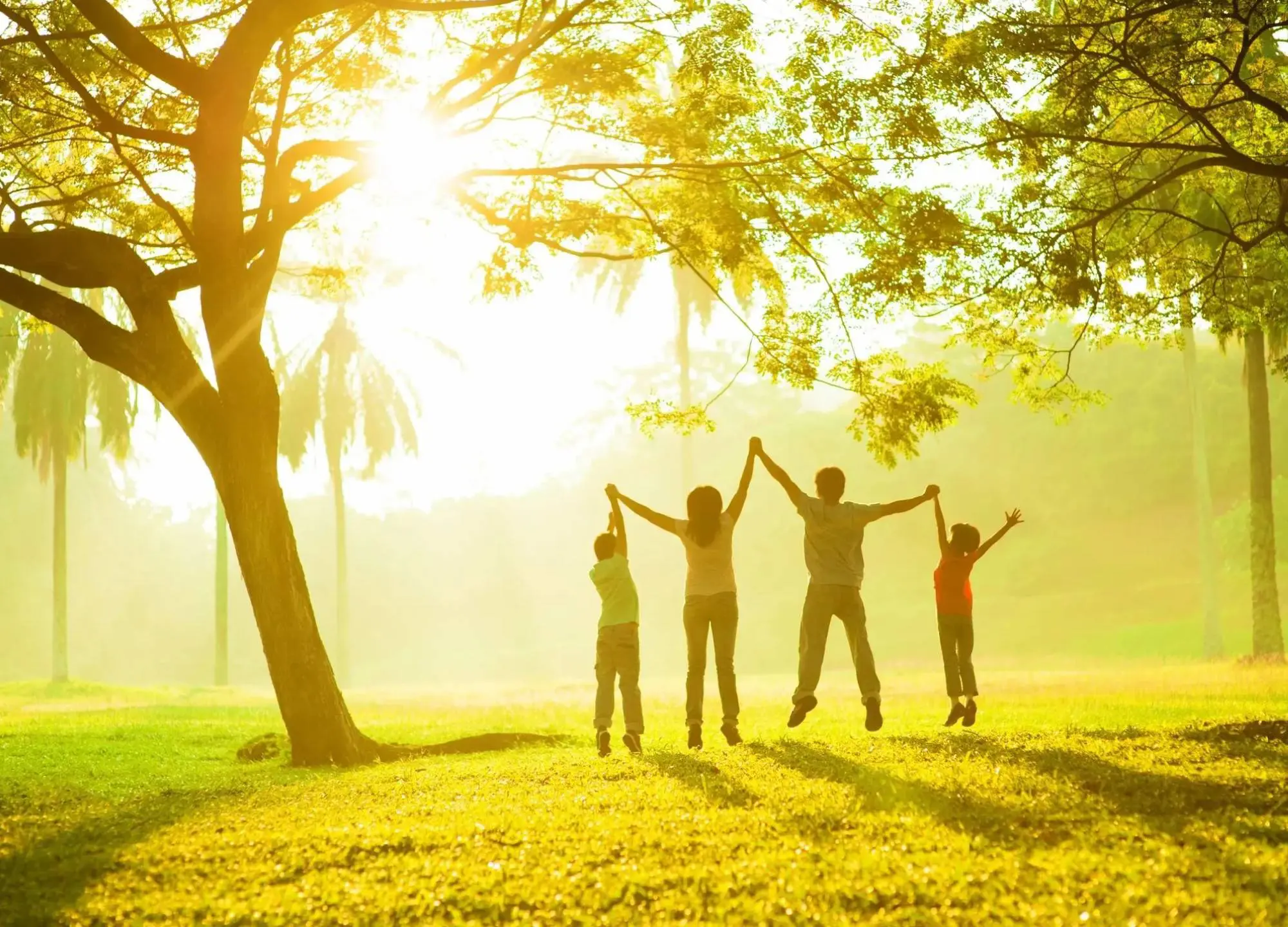We focus on person-centered therapy
We focus on person-centered therapy
What Can I Expect in Services?
1 on 1 Sessions
In 1 on 1 sessions, we will be working on increasing skills and decreasing challenging behaviors. From self-management to motor imitation, in a 1on 1 session, we provide time and space for individuals to gain skills and learn targeted behaviors.
Parent/Guardian Coaching
The goal of the parent support, or guardian coaching sessions, is to teach those who will be most involved with the learner exactly how to deal with behaviors outside of therapy.
"Check-in" Sessions
Sometimes, you or the individual may need a bit of extra support. Our check in sessions usually last 30 minutes and are focused on making sure that the skills and behaviors learned in therapy are being used outside of the session.
Social Group Sessions
When possible, we like to offer social groups which allow our clients to practice previously learned social skills and adaptive behavioral strategies together.
Increasing Functional Communication
Functional Communication Training (FCT) is an intervention aimed at teaching individuals more appropriate ways to express their needs and desires, thereby reducing inappropriate behaviors stemming from communication difficulties.
Decreasing Challenging Behaviors
During sessions, our therapists will emphasize enhancing appropriate pro-social behaviors, effective communication, and adaptive living skills to help reduce the learner's exhibited, and often challenging behaviors.
Emotional and Behavioral Regulation
Our therapists are trained to teach emotional and behavioral regulation by using structured techniques and providing coping mechanisms for managing emotions in various situations.
Adaptive Living Skills
Our therapists understand that adaptive living skills are key to a happy and fulfilled life. Through a guided, step- by-step approach, our therapists help each client grow their independence.




